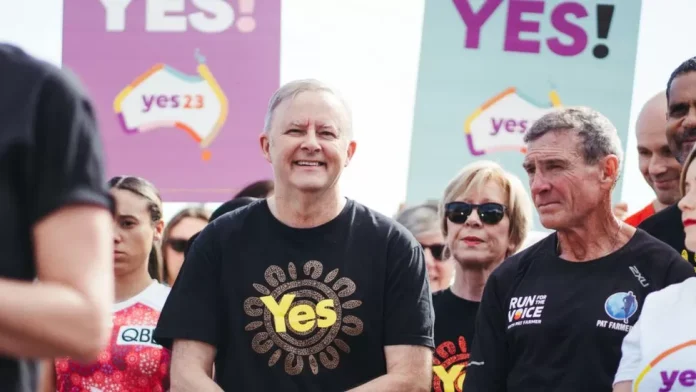An Indigenous Australian senator has been subjected to threats and racial abuse on social media days before a referendum on whether to constitutionally recognise his Aboriginal and Torres Strait Islander ancestors, according to The Globe and Mail.
The vote will take place on 14 October, where Australians will be asked if they support a constitutional change that includes Parliamentary Voice, an Indigenous committee that will advise Parliament on Aboriginal and Torres Strait Islander issues.
The published video showed a man in a balaclava burning an Aboriginal flag and threatening Senator Lidia Thorpe.
Where is my support? Where is my protection in this country? I’m not hiding for the next nine days. You are going to hear from me. I’m not scared.
The video was removed and the Australian Federal Police (AFP) reported it was investigating the matter.
The number of racist threats against Aboriginal people, who make up only about 3.8 per cent of the population, began to rise before the referendum, fuelled by misinformation and fear of the Yes Campaign.
Lidia Thorpe is in favour of a no vote and calls for a treaty between government and Indigenous peoples first, similar to what exists in New Zealand and Canada.
Supporters of Referendum Vote and Yes campaigners say the proposal unites the nation and gives much-needed recognition to 65,000-year-old Aboriginal culture, while their opponents claim it gives Indigenous people excessive power.
Prime Minister Anthony Albanese stated that he spoke to Thorpe and the police.
I’ve seen the video that was referred to that is threatening towards Senator Thorpe and towards the government, and the sort of Nazi rhetoric and statements that are in that video have no place in the discourse in Australian political life.
Aboriginal people lag behind the national average on most socio-economic indicators and suffer disproportionately high rates of suicide, domestic violence and incarceration. Their life expectancy is about eight years lower than the non-Indigenous population.
